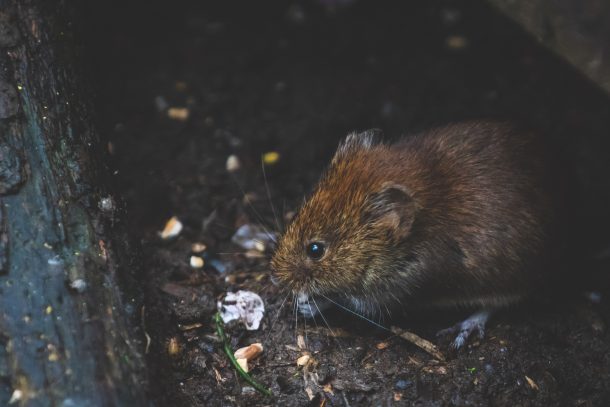#warrantee
Judge Dismisses Lawsuit Over Rodents Eating Automotive Wiring
We previously discussed how the implementation of bio-plastics in the automotive industry contributed to new claims that rodents have developed a penchant for wiring insulation. While rats gnawing on wires of cars isn’t a novel problem, some believe that the new materials used have exacerbated the issue.
Numerous lawsuits have been filed against various manufacturers on the grounds that the soy-based compounds used in modern-day wiring is irresistible to rodents. One of the more recent legal bouts involves Toyota. Brian Kabateck, a Los Angeles attorney involved in a class-action lawsuit against Toyota Motor Sales, filed on behalf of an Indiana resident after their Toyota Tundra become a meal for rodents three times. The total damage was estimated at roughly $1,500, which Kabateck said Toyota refused to cover.
The case, which involves multiple plaintiffs all represented by Kabateck, has been dismissed without leave to amend — meaning it cannot be refiled. Is this an unfair victory for Toyota and hoards of hungry rats, or are these wiring claims lacking the substantive elements required to be taken seriously?
Rodents May Have Flavor Fetish For the Wiring Insulation in Newer Vehicles
Shortly after the dawn of new millennium, automakers started implementing bio-plastics made from corn starch, genetically engineered bacteria, or vegetable fats and oils. The rationale for this was that sustainably sourced materials were better for the environment and lowered dependency on petrochemicals. Unsurprisingly, bio-plastics gained in popularity at roughly the same time as ethanol.
Since at least 2010, soy-based bio-plastics have been a popular alternative for wiring insulation in automobiles. But there’s a problem — rodents love how it tastes. This has allegedly resulted in a surprisingly high number of owners reporting that rats chewed through the wiring inside their automobile.
While the problem isn’t entirely new, the frequency of the incidents appears to have been spurred by automakers using more palatable materials. In fact, the issue has grown so bad in recent years, numerous lawsuits have cropped up demanding manufacturers pay for damages. Honda was named in a suit from two years ago involving 2012 to 2015 model year vehicles, and Toyota was hit with one for cars produced between 2012 to 2016.

















Recent Comments